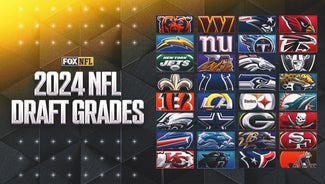





































































































































This amazing blocked kick by the Seahawks revealed another ridiculous NFL rule
The refs bailed out the Seattle Seahawks on a crucial play yet again, but this time the Hawks were sprung for the right reason. Or were they?
Seattle's Bobby Wagner blocked a second-quarter field-goal attempt by Chandler Catanzaro, cleanly leaping over center Aaron Brewer (sort of), and stuffing the kick so bad all he needed was a finger wag and he would have been Dikembe Mutumbo. (Of course, celebrating in such a manner probably would have meant jail time, according to NFL rules.) But there was a flag on the play, and the controversy -- as it often does for Pete Carroll and Co. -- began.
Up.
— NFL (@NFL) October 24, 2016
And over.
And BLOCKED by @BWagz54.
Wow. #SEAvsAZ https://t.co/I5aRt3kVyG
Replay showed Wagner's foot dragging over Brewer's back, pulling on Brewer's jersey a bit before he landed then easily raised his arms to block the kick. He hadn't stepped on his back. He hadn't used it like Simone Biles leaping onto vault, but there was contact. He nicked it, and it affected his jump. The NFL rules state that a leaping player can't use any player (teammate or opponent) as leverage to gain position in an attempt to block a kick. So, as Cris Collinsworth and probably millions at home believed, this contact, no matter how peripheral to the actual block, would constitute a penalty.
It didn't. The refs picked up the flag, Cardinals coach Bruce Arians was livid, and Carroll was jumping around in celebration like a high-school cheerleader. Evidently though, all was on the up-and-up. Here's a tweet from Twitter's NFL rules mensch, @footballzebras. (A must-follow, by the way.)
This was confirmed by an NFL officiating rep and was also explained by Al Michaels on the next drive, with everyone stressing that the key word was incidental.
In #SEAvsAZ you have to land on the player for it to be a foul. The block was legal.
— Dean Blandino (@DeanBlandino) October 24, 2016
Then you look at the NFL rule book and don't see the word incidental anywhere in the definition of what constitutes a penalty on a kick attempt:

There's an explanation for that, too. "Landing," in this case, is used quite literally. You have to Neil Armstrong on an o-lineman for a foul to be called. Dragging a foot on someone isn't a penalty. Using someone as a stepping stool is. But where's the middle? What if Wagner's toe had caught on Brewer's jersey and he was able, accidentally, to sort of sustain his momentum just slightly because of it? He's not landing on him in that case but, theoretically, it would be a foul.
Here's what I don't like and, judging by what he said on air, what Collinsworth doesn't like, either: If we accept that incidental is the spirit, but unwritten, of the rule, what's incidental? How is an official supposed to determine whether something happened by chance? Wagner's intent was to leapfrog over Brewer. Is there no situation where he gets called for a foul if he doesn't use his newfound leverage to aid him? More important, how and why is an official supposed to determine intent?

Much of those types of judgment calls have been written out of the rulebook, for good reason. On the few occasions the word incidental pops up, it's mainly in regard to the contact that makes up defensive holding or pass interference. Incidental contact is allowed. However, in those situations there's less of a gray area for what's incidental. The non-incidental contact is specifically defined, meaning if contact doesn't fit into that criteria, it's incidental. There are six definitions for illegal contact. So when a receiver and corner getting their feet crossed, for instance, it's easy to determine that's incidental because it didn't hit any of the other criteria. The kick rule has no such specificity.
Whatever the rule, the "right" call was made in this circumstance. But as long as this rule stays so ill-defined, the NFL is virtually guaranteeing that a major controversy is going to erupt one day when a game-ending block comes from a player who did use another player to improve his leap. Change the rule: No contact on a leap. It's not the most fair rule, but it's the clearest.
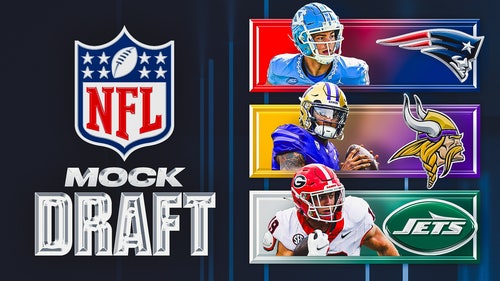
2024 NFL mock draft: Michael Penix Jr. rises, Brock Bowers cracks top 10
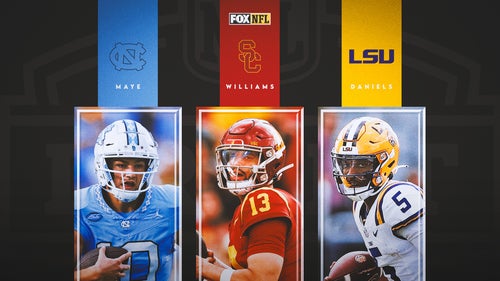
2024 NFL Draft QB rankings: Caleb Williams leads top 10 prospects

2024 NFL Draft Date, Time: Schedule, how to watch, TV channel

2024 NFL Draft order: Updated after Round 1
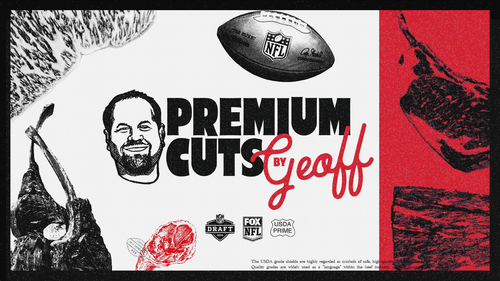
Premium Cuts: 'Grading' the NFL Draft's prime prospects
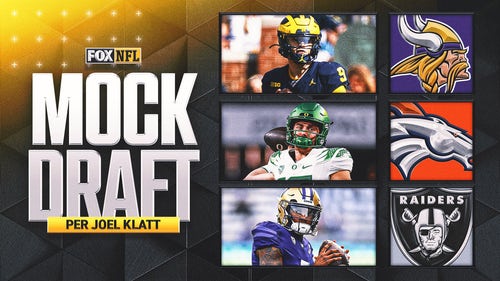
2024 NFL Draft: 6 QBs go in top 13, Jets trade up in Joel Klatt's mock draft
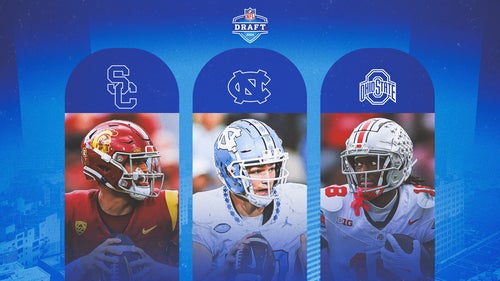
2024 NFL Draft prospect rankings: Top 100 led by Caleb Williams
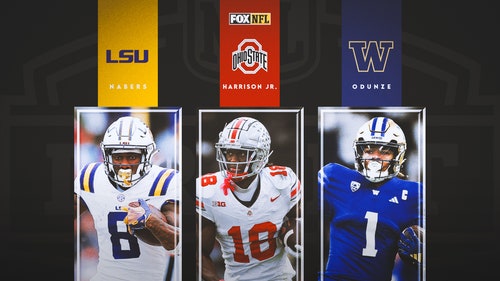
2024 NFL Draft WR rankings: Marvin Harrison Jr. leads stacked top 10 prospects
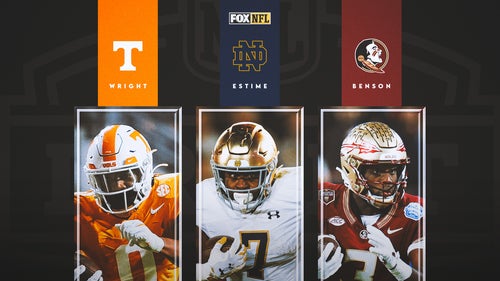
2024 NFL Draft RB rankings: No clear stars, but deep top 10 prospects


2024 NFL mock draft: Michael Penix Jr. rises, Brock Bowers cracks top 10

2024 NFL Draft QB rankings: Caleb Williams leads top 10 prospects

2024 NFL Draft Date, Time: Schedule, how to watch, TV channel

2024 NFL Draft order: Updated after Round 1

Premium Cuts: 'Grading' the NFL Draft's prime prospects

2024 NFL Draft: 6 QBs go in top 13, Jets trade up in Joel Klatt's mock draft

2024 NFL Draft prospect rankings: Top 100 led by Caleb Williams

2024 NFL Draft WR rankings: Marvin Harrison Jr. leads stacked top 10 prospects

2024 NFL Draft RB rankings: No clear stars, but deep top 10 prospects
